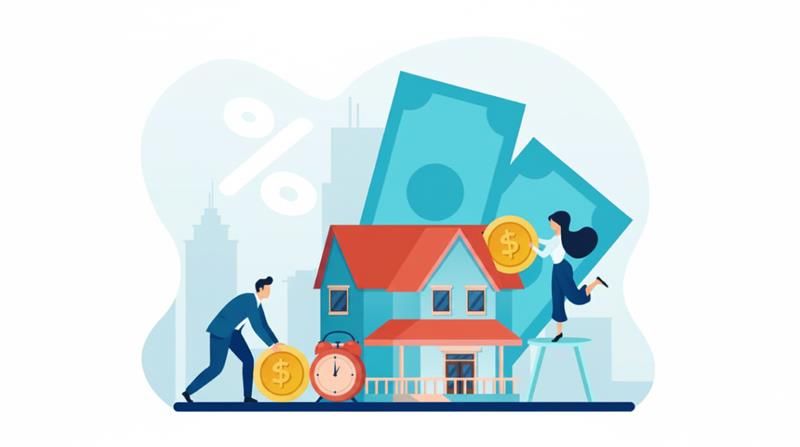


Planning to buy property in Dubai? One of the first questions you'll ask is: "How much do I need for a deposit?" Understanding deposit requirements is essential—it shapes your savings timeline, influences your budget, and determines when you can realistically step into homeownership.
The UAE Central Bank has established clear regulations around mortgage deposits to maintain market stability and ensure buyers maintain healthy equity in their properties. For expatriates, these rules often differ significantly from what you might be accustomed to back home, making local knowledge critical.
Your deposit amount depends primarily on three factors: your residency status, nationality, and the property's value.
For Expatriate Residents
Properties under AED 5 million require a 20% minimum deposit, while those exceeding this threshold demand 30%.
For UAE Nationals
Emirati citizens enjoy more favorable terms: 15% for properties below AED 5 million and 25% for higher-value purchases.
For Non-Residents
If you're buying from abroad, expect steeper requirements—typically 35-40% of the purchase price.
Different mortgage products come with varying deposit expectations.
Beyond the baseline requirements, several factors can impact how much you'll ultimately need:
Property Price: The AED 5 million threshold triggers higher deposit percentages, making this a critical consideration when property hunting.
Your Credit Profile: Strong credit history can open doors to more favorable terms, while challenged credit may require larger deposits to offset perceived risk.
Lender-Specific Policies: Banks vary in their approach. Working with an experienced mortgage broker helps you navigate these differences and identify the most accommodating options for your situation.
As a baseline, expatriate buyers should aim to save at least 20% of their target property's value. Here's what that looks like across different price points:
| Property Price | Expat Deposit (20%) | National Deposit (15%) |
| AED 1,000,000 | AED 200,000 | AED 150,000 |
| AED 2,000,000 | AED 400,000 | AED 300,000 |
| AED 3,000,000 | AED 600,000 | AED 450,000 |
| AED 4,000,000 | AED 800,000 | AED 600,000 |
Don't forget additional costs: the 4% Dubai Land Department registration fee and agency commissions typically add another 6-8% of the purchase price. Since February 2025 regulations changed, these costs can no longer be rolled into your mortgage—they must be paid upfront.
While understanding minimum requirements is important, consider the advantages of saving beyond these thresholds:
Greater Ownership Stake: A larger deposit means more immediate equity, providing financial cushioning if property values dip.
Lower Monthly Obligations: Borrowing less translates directly to reduced monthly payments, freeing up cash flow for other priorities.
Improved Approval Odds: Banks view substantial deposits as evidence of financial discipline and reduced lending risk, potentially smoothing your approval process.
The concept of buying property without any upfront payment sounds attractive, but it's largely unrealistic in Dubai. Central Bank regulations firmly require minimum deposits of 15-20% for residents.
While some off-plan developers occasionally advertise "zero down" promotions, these often come with inflated prices or originate from less-established players. Even when technically feasible, such arrangements carry elevated risk and rarely represent sound financial strategy.
Grasping Dubai's deposit requirements is fundamental to successful property purchasing. The typical range spans 20-30% for expatriates and 15-25% for nationals, with variations based on property value, type, and your specific circumstances.
Armed with this knowledge, you're positioned to set realistic savings goals, time your purchase appropriately, and navigate Dubai's dynamic real estate landscape with confidence. When you're ready to move forward, consulting with experienced mortgage advisors can help translate these general guidelines into a personalized financing strategy that aligns with your homeownership goals.